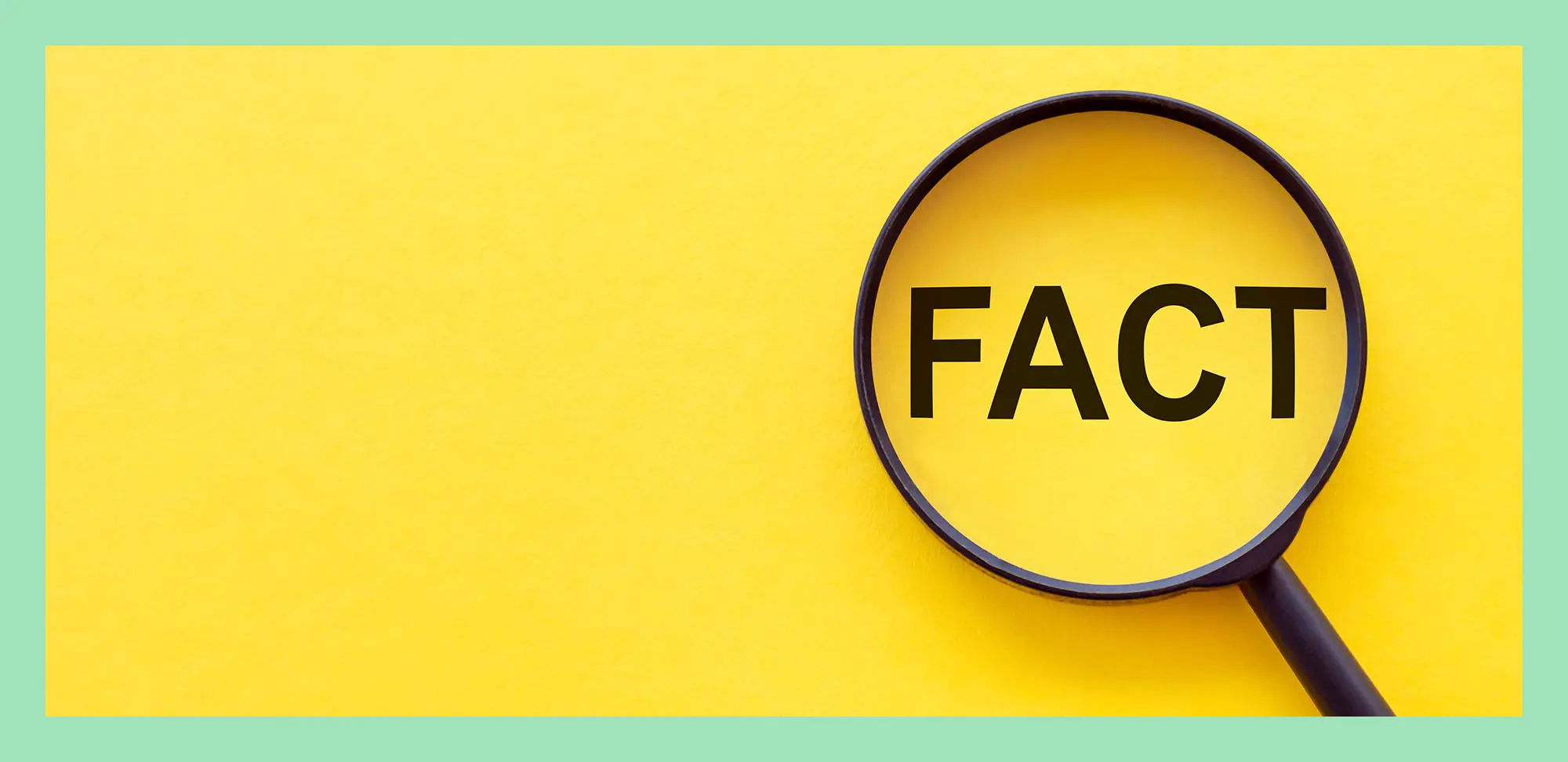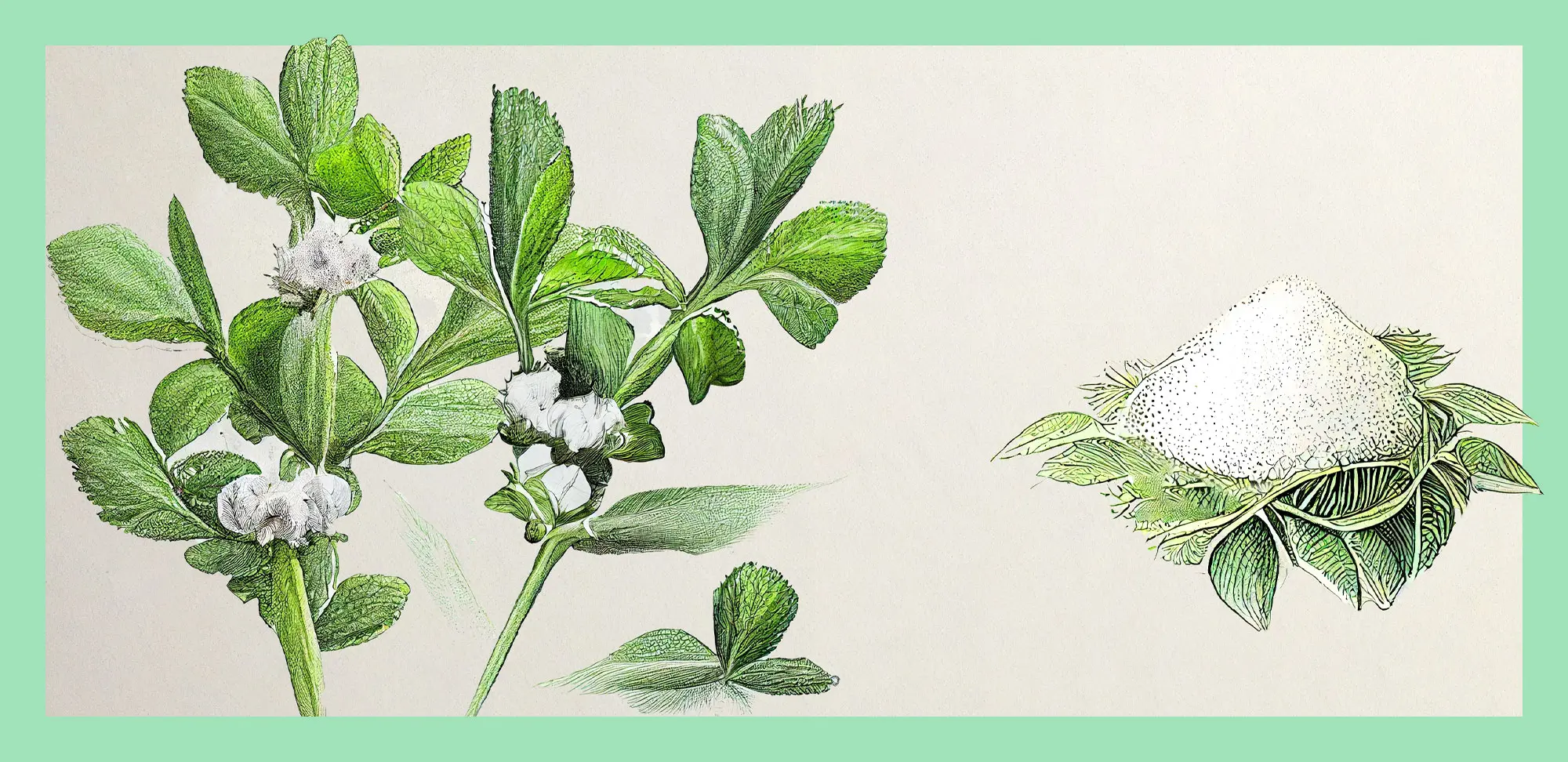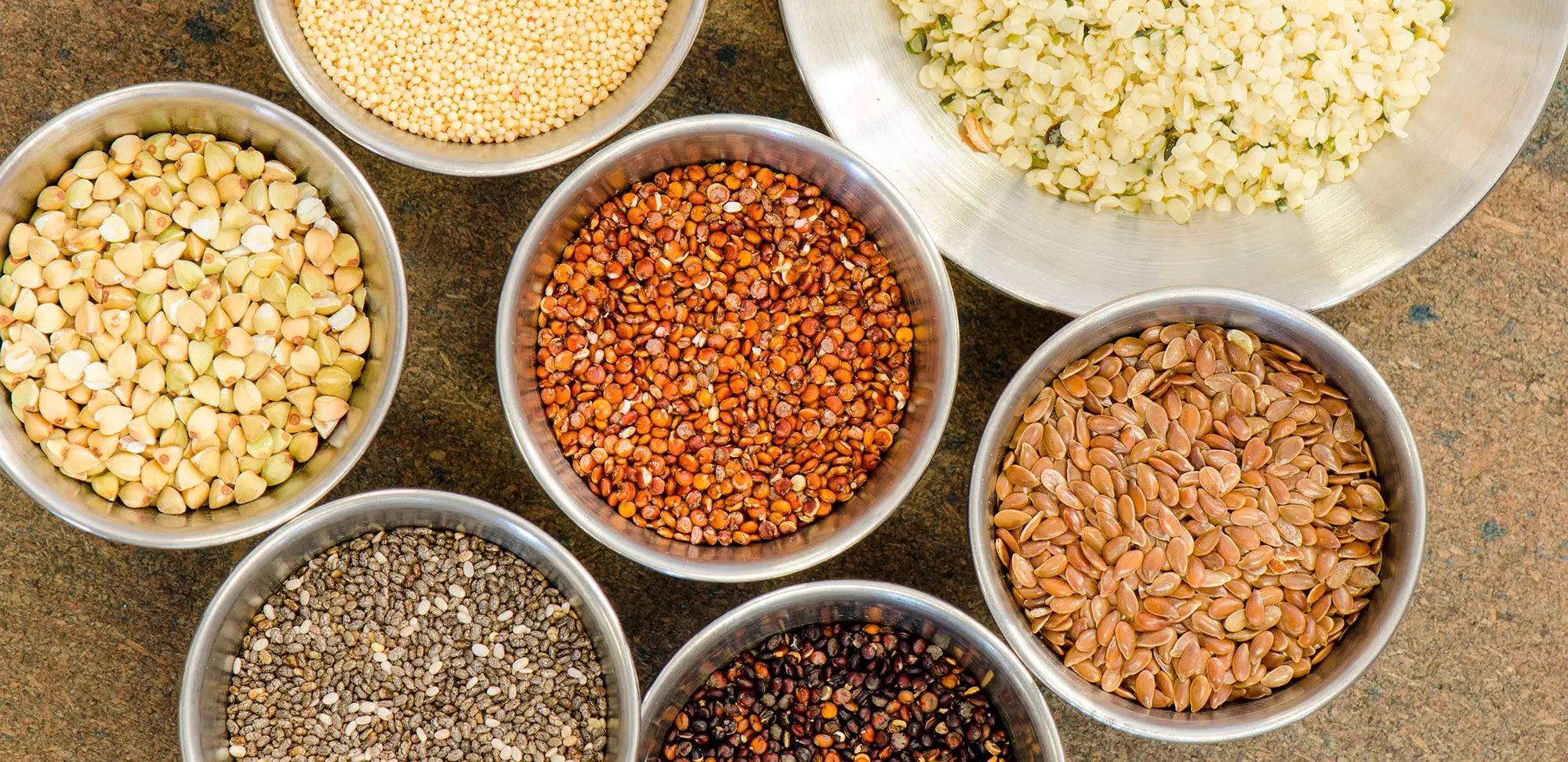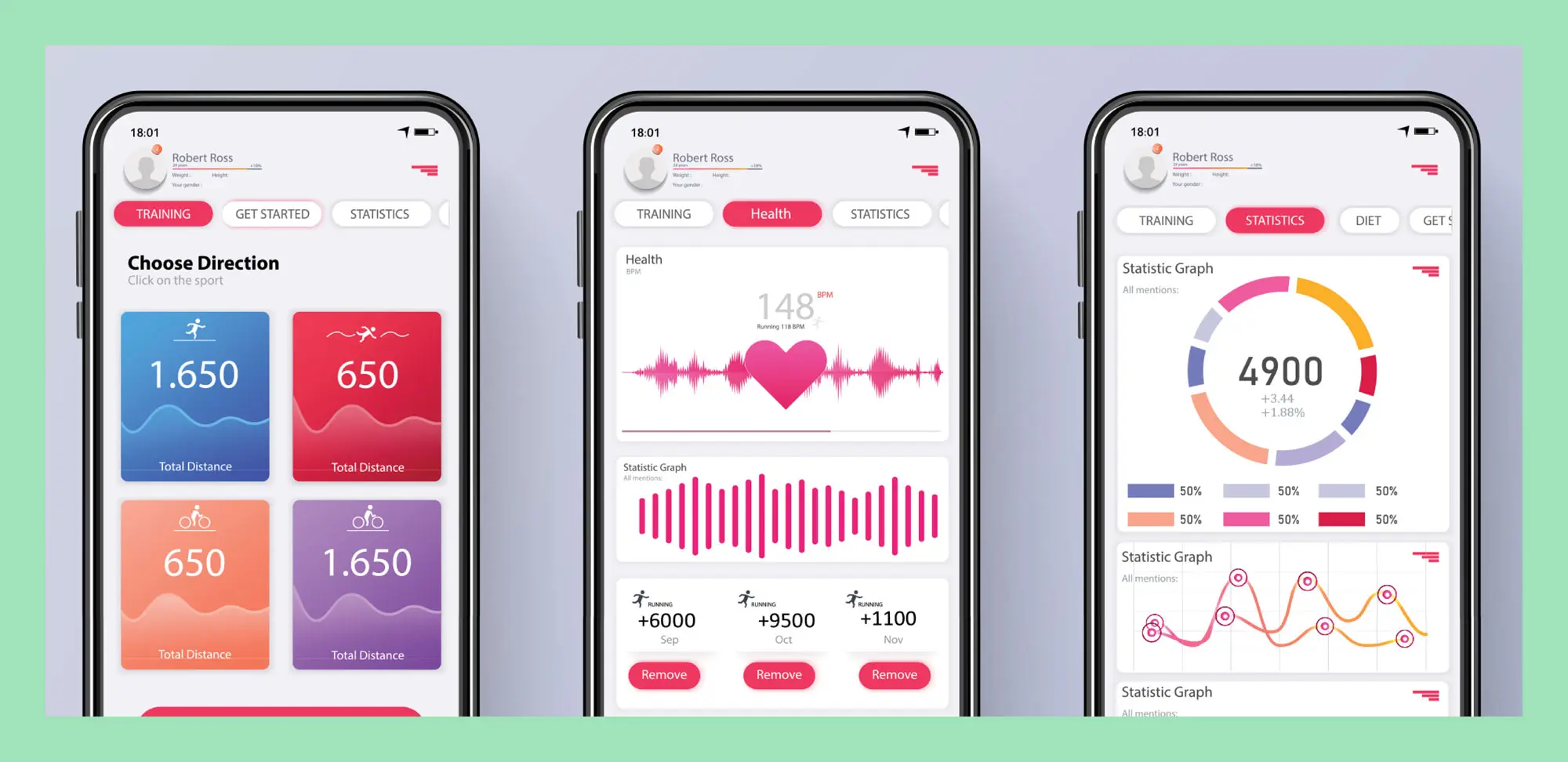Social media has made everyone an expert, from self-proclaimed medical experts with no credentials who have discovered “miracle cures,” to food supplements promoted with unsubstantiated health claims.
So how can we separate what’s true from fake news?
- Watch out for claims not backed by reputable sources. When it comes to nutrition, everyone from neighbours to work colleagues to celebrities is happy to offer advice.
- Be wary of claims that point to a single food as good or bad, unless it’s referring to a food allergy.
- Just because two things happen at the same time does not mean a causal relationship, so be skeptical of claims that certain foods or nutrients “cause” a health problem.
- When you hear of a new study, read past the headlines and look at the details. Does the article claim a “quick fix”? That’s almost certainly either not true or an exaggeration.
- Beware of testimonials that promise easy fixes for weight management or other health problems. One person’s “success” doesn’t mean universal success.
- Be careful of reports that blame a single food or group of foods for causing our ills. Look for words like “may cause,” “possibly linked to” or “cause a health problem” before you move forward.
- As older people, we are often targets for articles that tell us how to reverse aging or prevent diseases associated with aging. Be careful!
- It’s not surprising that so many people go to Google for nutrition information. It’s fast and easy and, for the most part, free. Before you believe anything from Dr. Google, find out where the information comes from. Is it someone’s opinion or is it a scientific fact backed by clinical studies? Shop around, get a second opinion, be wary of miracle cures, and read the fine print.
Tread cautiously and don’t jump to hasty conclusions. Don’t change your lifestyle based on a single small study that seems to draw a broad, sweeping conclusion.
And, as always, if it sounds too good to be true (or false), it probably is.
Many of the best sites are associated with a health organization. They provide evidence-based health and nutrition information, and many will direct you to a health professional, as well as offer appropriate recipes.
Dietitians of Canada: dietitians.ca
Unlock Food: unlockfood.ca
Diabetes Canada: diabetes.ca
Health Canada: canada.ca/en/health-canada/corporate/contact-us.html
Heart and Stroke Foundation: heartandstroke.ca
Canadian Digestive Health Foundation: cdhf.ca
Heard about these?
A detox diet will clean toxins out of your body.
There’s very little evidence that dietary cleanses do any of the things they promise. Your liver and kidneys do a good job of detoxing daily. You don’t need to spend money on something that doesn’t really help.
Certain foods, such as grapefruit or vinegar, can burn fat.
There are no foods that actually burn fat or increase your metabolism to help you lose weight.
Eating clean is important for good health.
What does that even mean? It’s washed properly? It excludes meat? It’s only organic? There’s really no answer because there is no definition for “clean.”











